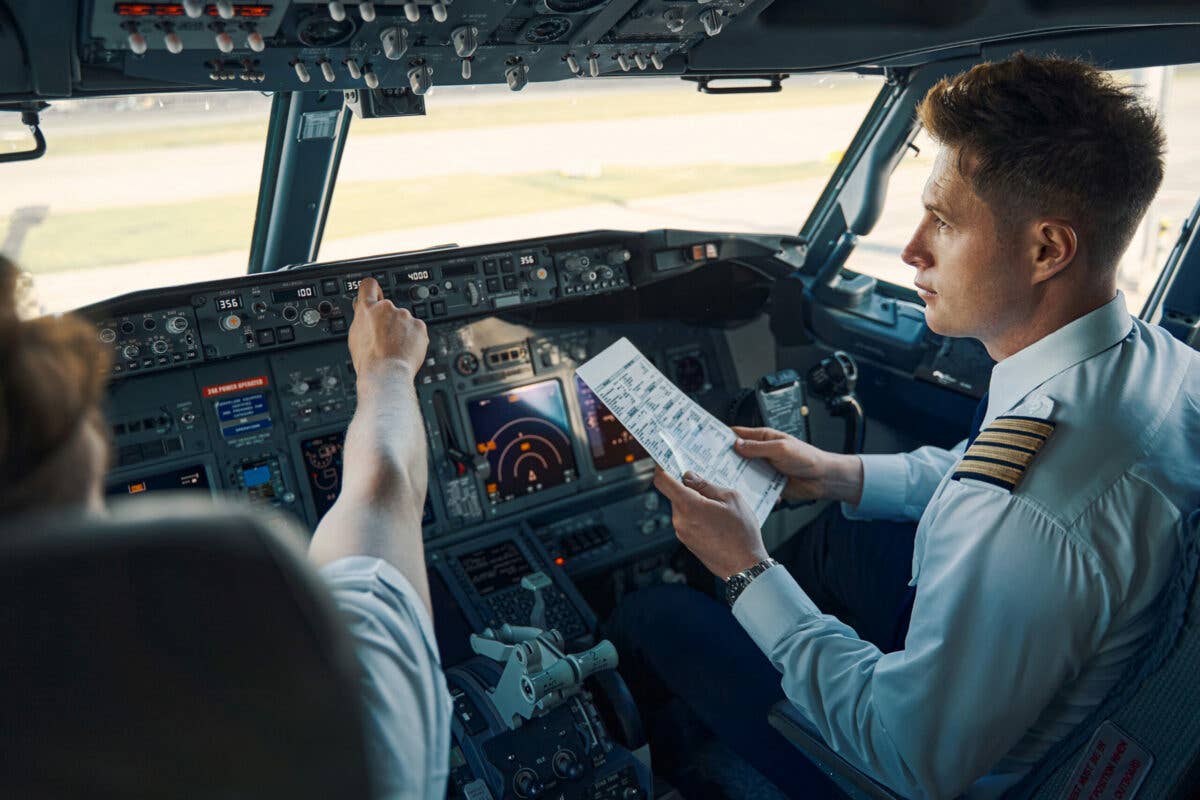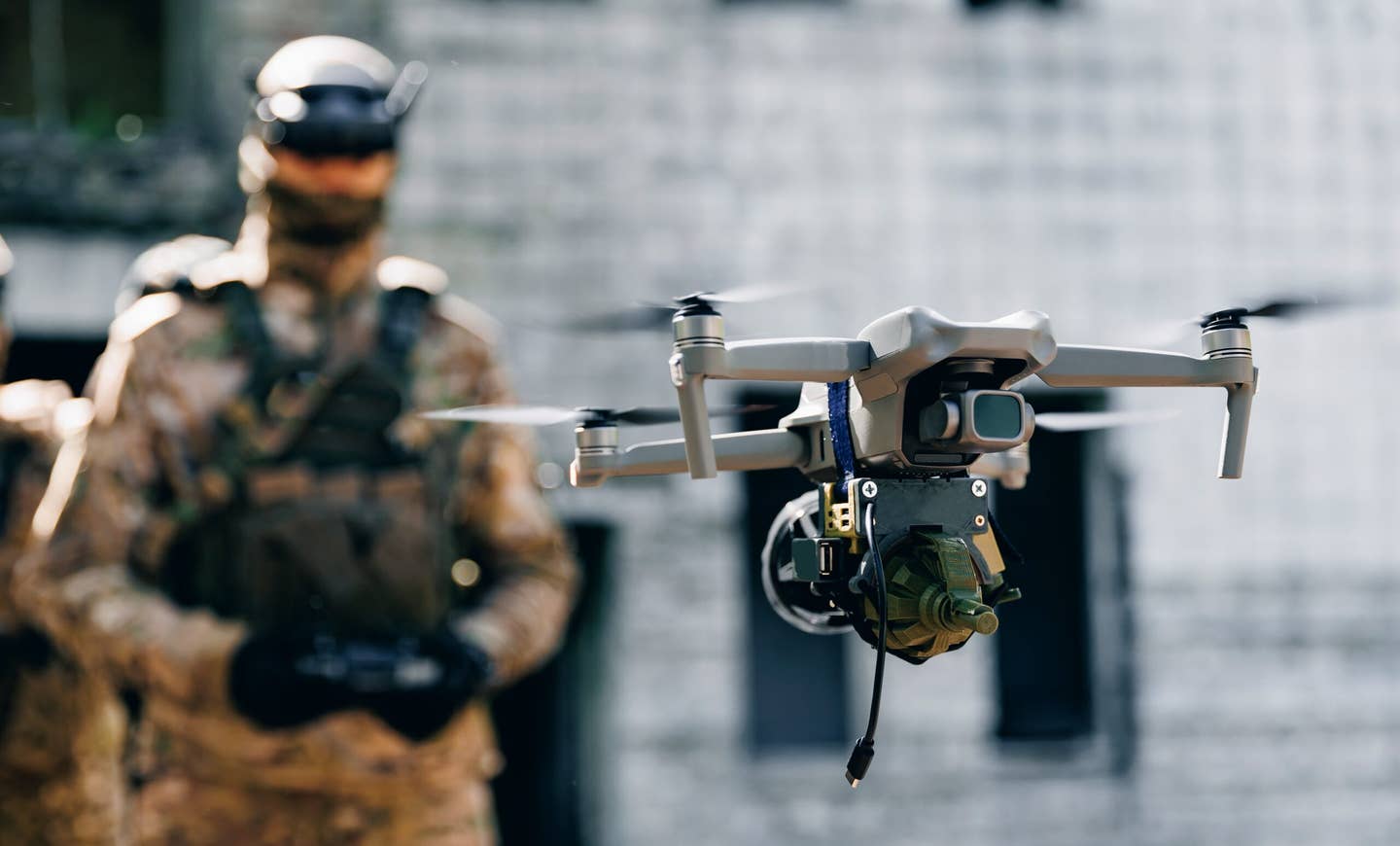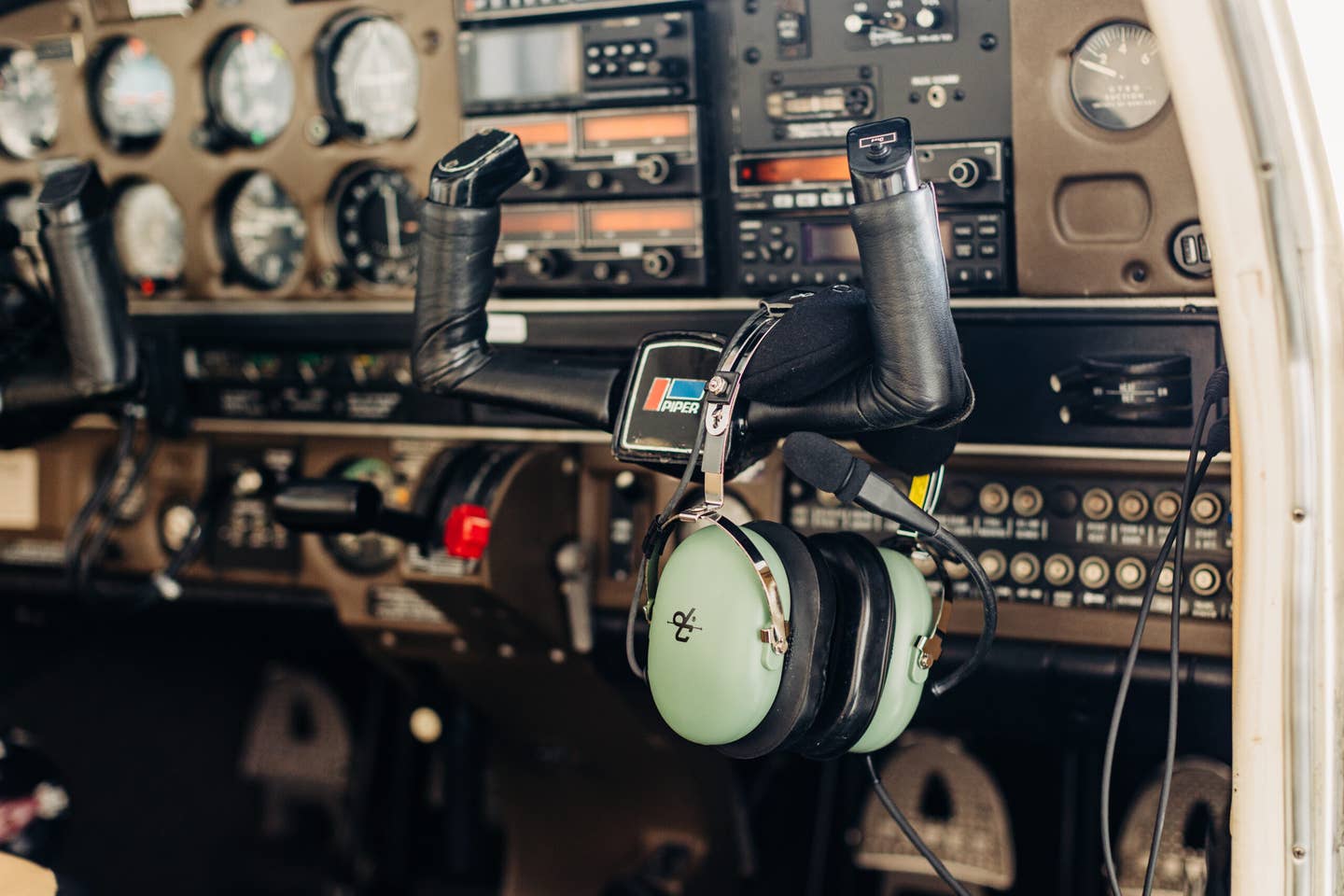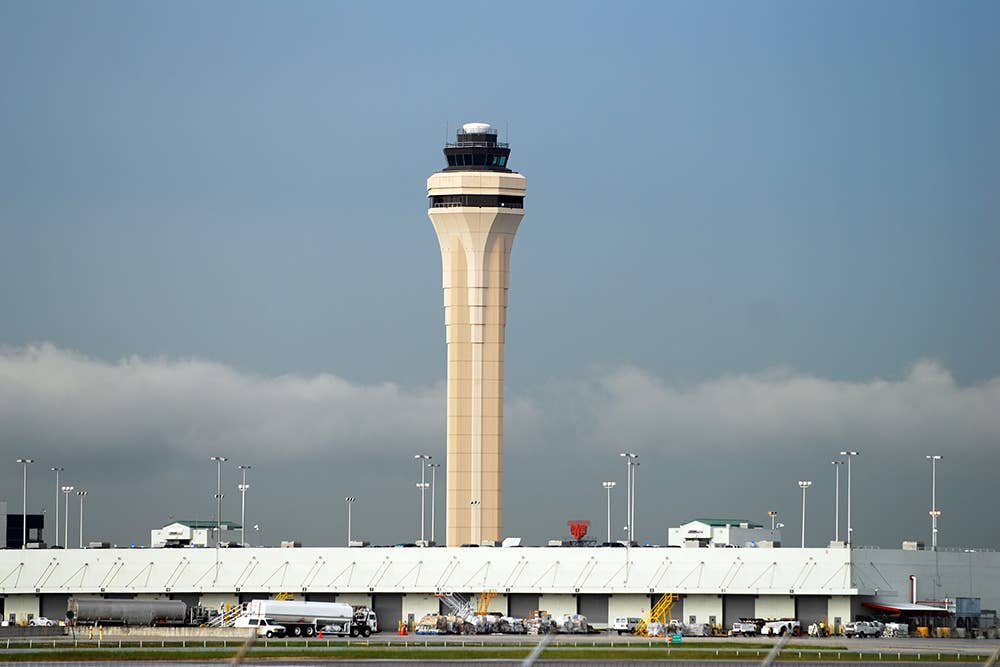Pilots In Eastern Finland Warned Of GPS Interference Near Russian Border
The GPS disruptions prompted at least one Lithuanian carrier to cancel flights for at least three days, according to Finnish transportation officials.
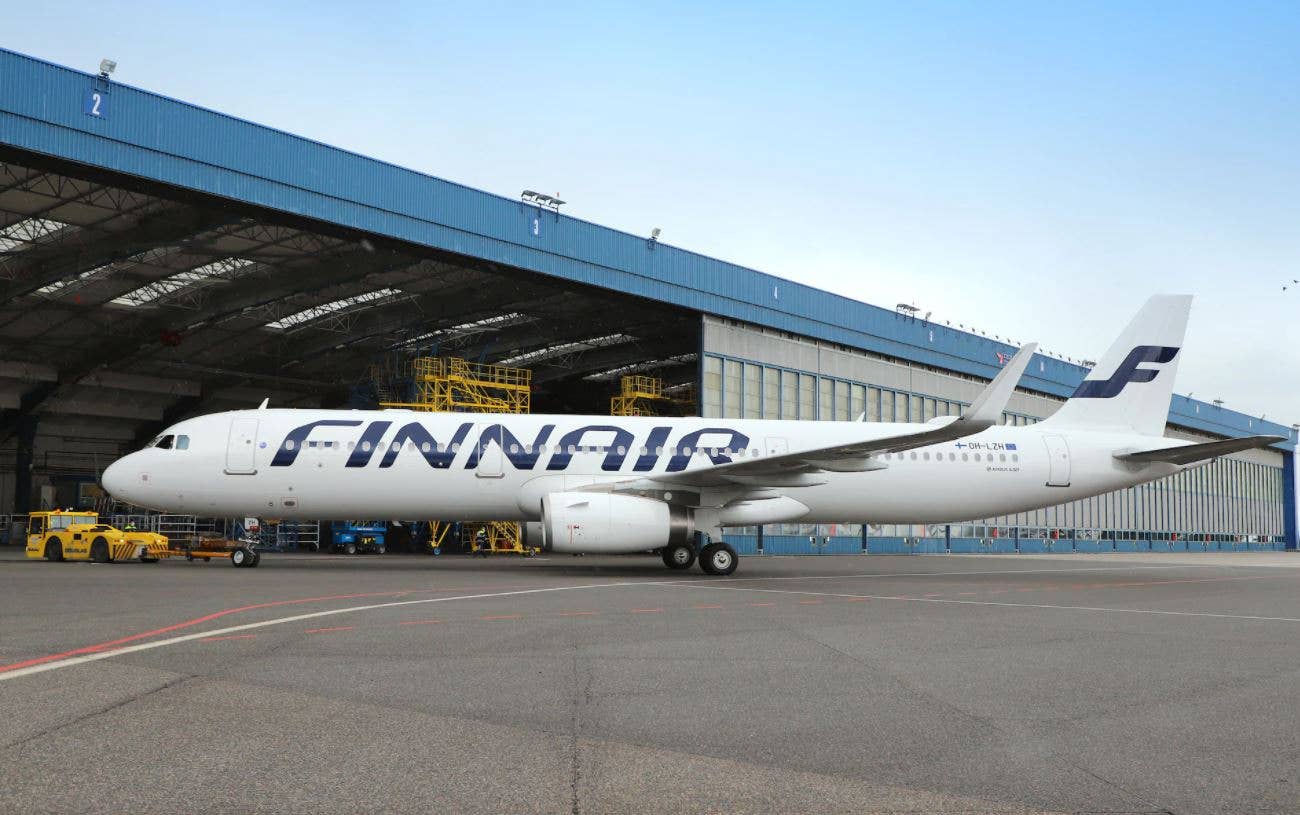
Traficom said late last week it had received “numerous occurrence reports” of GPS signal interference along the border. [Courtesy: Finnair]
GPS signal interference has been reported along Finland's eastern border with Russia, according to a warning to pilots issued recently by Finnish Transport and Communications Agency Traficom.
The transportation agency said it did not know what was causing the interference, which is difficult to detect on the ground or verify because of the relatively short durations of interference.
"Whether unintentional or deliberate, interference that prevents people, vehicles, ships, and planes from determining accurate locations can be devastating to government and commercial activities alike."
John Serafini, CEO, HawkEye 360
Reports of the disruptions began to emerge after President Biden met in Washington, D.C., with Finland's president to discuss "deepening defense ties" between the country and NATO amid Russia's ongoing invasion of Ukraine, The Guardian reported.
Traficom said late last week it had received "numerous occurrence reports" of GPS signal interference along the border beginning the weekend of March 5.
Fintraffic Air Navigation Services Ltd. issued a Notice to Air Missions (NOTAM) informing pilots of the issue and instructing them to use traditional approach systems that do not require a GPS signal for flying the final approach. Airlines were also told to make their own decisions about whether or not to fly in the region.
"An aircraft operated by the Lithuanian carrier Transaviabaltika has been unable to fly from Tallinn to Savonlinna for three days," Traficom said in a March 10 statement.
While some aircraft are able to use inertial reference system (IRS) to fix the airplane's position as a workaround for GPS, it's a system not common on smaller aircraft, according to Mentourpilot.com. Transaviabaltika, which operates 19-seat turboprops, was forced to cancel at least 18 flights owing to the GPS interference, it reported.
Despite the disruptions, flying remains safe, a top Traficom official said.
"Airlines have procedures they follow if the GPS signal is lost," Traficom Director Jari Pöntinen said in a statement. "Aircraft can use other systems to navigate and land safely. Air traffic control supports aircraft pilots with the help of other landing systems."
News of the GPS jamming follows similar reports in Ukraine, where extensive GPS interference has been reported over the last four months, according to HawkEye 360, a radio frequency data analytics company based in Herndon, Virginia.
In November 2021, the company detected extensive GPS interference along pro-Russian separatist controlled regions of Ukraine along the border with Russia, which disrupted the use of unmanned aerial vehicles in the area. Interference was again detected prior to the invasion as Russian troops amassed along Ukraine's northern border with Belarus, north of Chernobyl, the company said.
“GPS is a fundamental ‘global commons’ service that all modern economies depend upon. GPS signal interference has the potential to significantly disrupt air travel, logistics, finance, transportation, communication, and many other basic services,” John Serafini, chief executive officer of HawkEye 360, said in a statement. "Whether unintentional or deliberate, interference that prevents people, vehicles, ships, and planes from determining accurate locations can be devastating to government and commercial activities alike."

Sign-up for newsletters & special offers!
Get the latest FLYING stories & special offers delivered directly to your inbox

